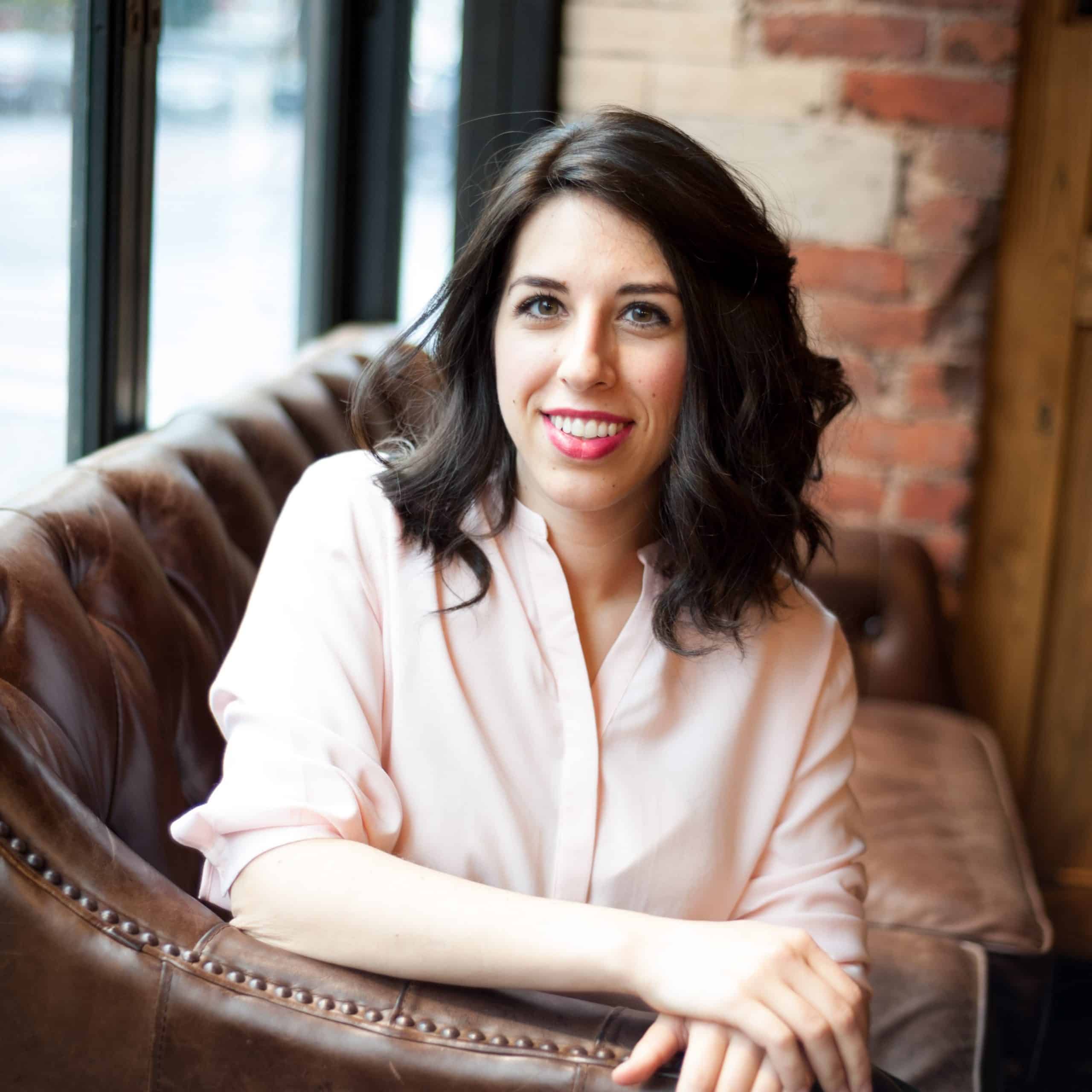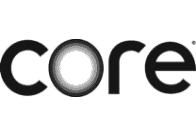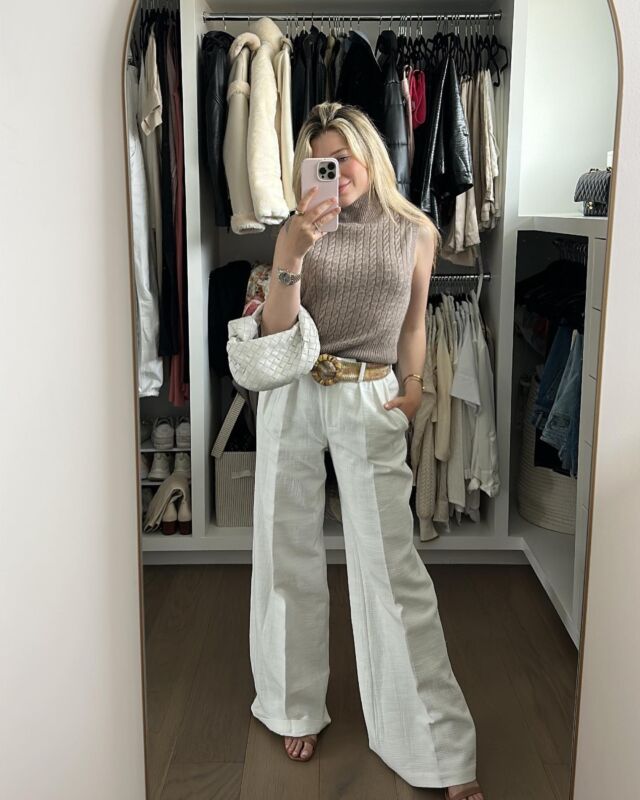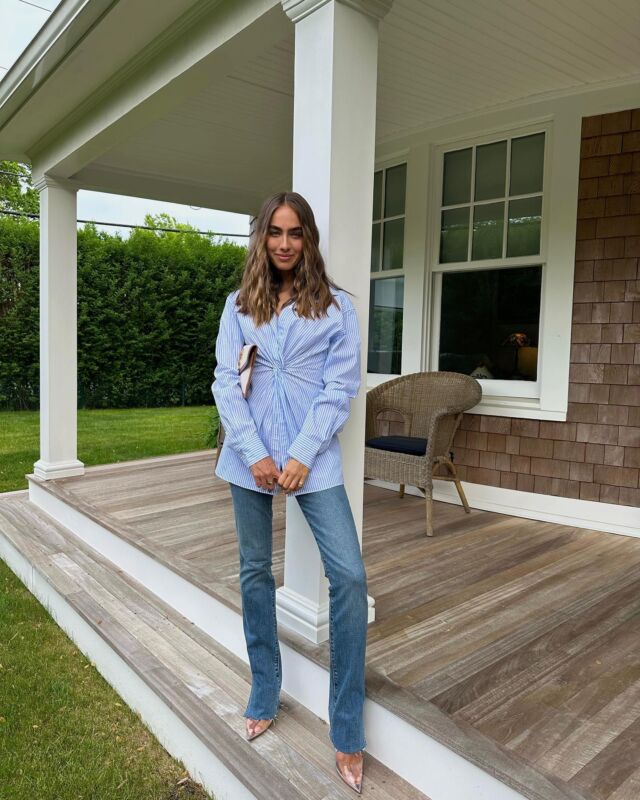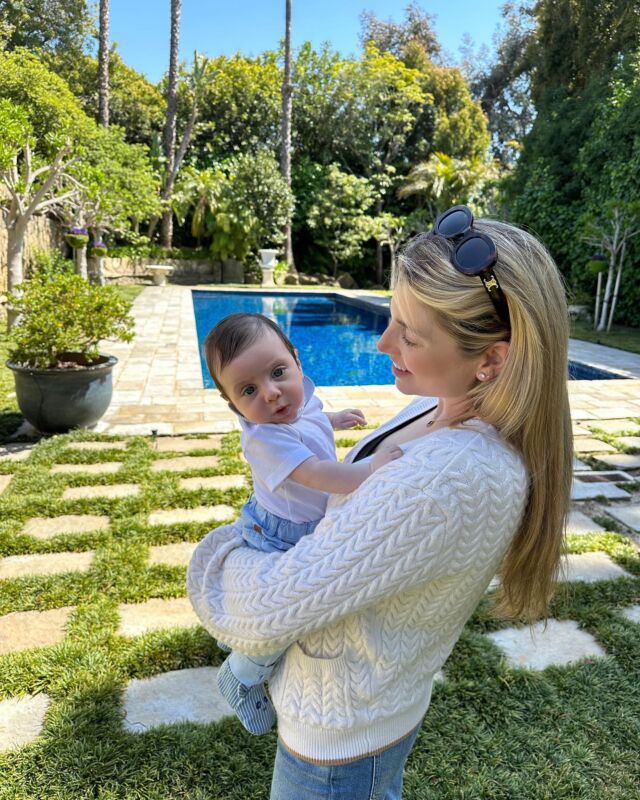Meet Rachel Goodman: a Registered Dietitian Nutritionist that specializes in intuitive eating. We have been longtime followers of Rachel’s IG account & podcast, and have both personally worked with her for intuitive eating guidance. She has really opened our eyes and helped improve our relationships with our bodies and food. Working in the fitness industry, it’s so easy to get sucked into the latest diet fad or become obsessive about healthy food choices. Working with Rachel has been incredible for us to stay grounded and help us honor our unique bodies & minds. We recently sat down with her to ask some questions that we thought could help all of you understand the world of intuitive eating a bit better!
What exactly is “intuitive eating?”
Intuitive eating is learning to reconnect to your body’s internal cues of hunger, fullness, and satisfaction to help you know what to eat, when, and how much. It’s also learning to differentiate between eating for physical versus emotional needs. Ultimately it is doing away with food rules and diet plans and making you the expert of your body and how to best care for it from a place of self compassion and trust.
Will my weight change if I start eating intuitively?
One of three things may happen to your weight when you eat intuitively. Your body will either lose weight, gain weight, or stay the same. No one can tell you with certainty what the outcome will be. The weight your body settles at when you are aligned with listening and giving it what it needs is the weight your body is currently trying to be at now. Eating intuitively will help you naturally settle and maintain the weight your body is meant to be at without all the stress and micromanaging.
Can you talk about calories and what they really mean (as well as restricting them) for the body?
Calories are just a measure of energy. Food provides that energy which the body uses to function and live. The body views calorie restriction as a threat to survival since it senses that it is not getting enough energy. The body will respond with several mechanisms that will create urges to eat as a way to make sure to survive. The result can often be overeating and binge eating.
We don’t need to micromanage how many calories to eat if we just listen to our bodies. Hunger is what signals to the body it is low on energy and that you need to eat so it can get more energy to continue functioning at its best. Fullness will signal to your body it has gotten enough energy (aka food) and that you can now stop eating. If you begin to pay attention to your body’s internal cues, you will eat exactly the amount of calories your body needs (note: if you are struggling with an eating disorder or have experienced chronic dieting, these cues may be blunted in which case it is recommended to seek professional help who can ensure you are eating enough and help you reclaim your internal cues).
How do you avoid eating unhealthy things all day when you give your body the freedom to eat however it wants?
Ask yourself this: if you knew you can eat pizza and cake whenever you wanted and however much you wanted, how long do you think you’d want to eat that way for? How would your body feel eating cake and pizza all day, all the time? I’m willing to bet such a pattern of eating won’t leave your body feeling at its best, am I right? The answer isn’t to try to avoid eating these foods, the answer lies in listening to how your body feels in response to eating these foods and seeking ways to make your body feel good rather than “being good”. Also, remind yourself that allowing yourself to enjoy all foods is a healthy behavior!
How do you combat food guilt?
If you are experiencing food guilt it is a signal that you think you did something wrong, likely believing that you broke a food rule. The way to combat food guilt is to take time to get curious and identify the food rule you believe you broke and learn to challenge it. Remember that food holds no moral value. You are not “good” for eating salad or “bad” for eating a cookie. Sure, foods can impact how our bodies feel, but that does change who you are as a person!
Carbs have become a major fear food to many (especially because of several specific diets out there). How would you respond to someone who has a fear that carbs will make them gain weight?
There is no one food that causes weight gain or weight loss. The weight loss often observed when cutting out carbohydrates is likely due to 2 things: 1. Not eating enough in general (which as mentioned above, is not sustainable in the long run). 2. The depletion of your glycogen (energy stores) and loss of muscle mass which the body uses for energy as it does not have carbohydrates as its preferred fuel source. You also lose water weight along with glycogen and muscle mass. That’s why some people observe fast weight loss when they cut out carbs but most regain the weight in the long run.
Carbohydrates are your body’s preferred fuel source and are necessary for adequate energy and bodily functions. In addition, carbohydrates such as whole grains, fruits, and vegetables provide a lot of essential vitamins, minerals, and fiber needed for optimal health. Bottom line: your body needs carbohydrates. Don’t be scared to enjoy them!
What does your intuitive eating program entail, and how long does it typically take for people to improve their relationship with food?
I work with my clients to help them remove guilt, worry, and anxiety from food & eating so they can learn to nourish themselves from a place of body trust and food confidence. It is a journey of healing their relationship with food and learning to accept and take care of their bodies for a truly healthy and happy life. Throughout my 3 month program clients have ongoing support and best outcomes are achieved by clients who are ready to apply the inner work that comes with changing their relationship the food and their body for the better, which ultimately leads to living & experiencing life fully – one that expands beyond worrying what’s on your plate!
The typical time it takes for clients to remove food fears, “all or none” thinking with food, and/or restricted mentality to truly experience food freedom and body trust varies based on the person’s dieting and body image history. It can be anywhere from 3 months to a year. Each person’s journey is individual, there is no “right” or “wrong” way to eat intuitively. You can’t fail, you can only learn.
What’s an easy-to-apply intuitive eating tip for beginners?
Cultivating awareness is the best place to start. If you don’t know where your current relationship with food and your body is right now, you won’t know what your starting point is. Ask yourself: is where I am currently with my eating habits and body image serving me? Do I want to continue living in this way for many more years to come or am I ready for a change? Is dieting truly healthy, or is it robbing me of precious moments and life experiences?
See dieting for what it is and choose to bring awareness to your body’s wisdom instead. Take a moment to get curious and ask: what is my body telling me? Am I hungry? Am I full? Am I really enjoying this food or am I convincing myself that I am? Trust that your body wants you to feel good! Eating shouldn’t be so complicated, you body can help make it simple if you learn to listen.
We hope this Q+A was helpful in shedding some light on intuitive eating. If you want more of Rachel’s tips and wisdom – follow her on IG, check out her podcast, “More Than What You Eat” or download her free guide.
xx e + d


